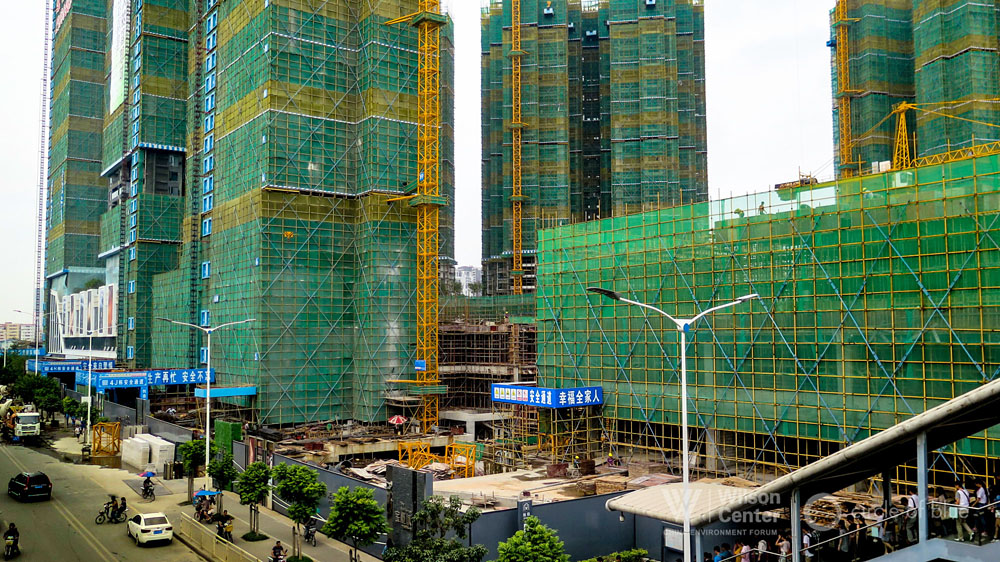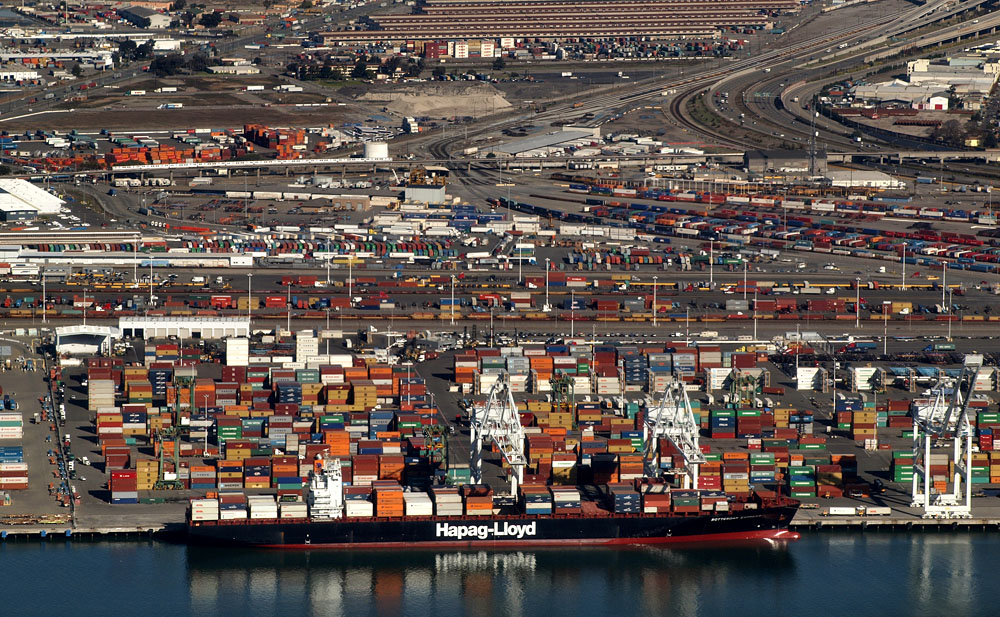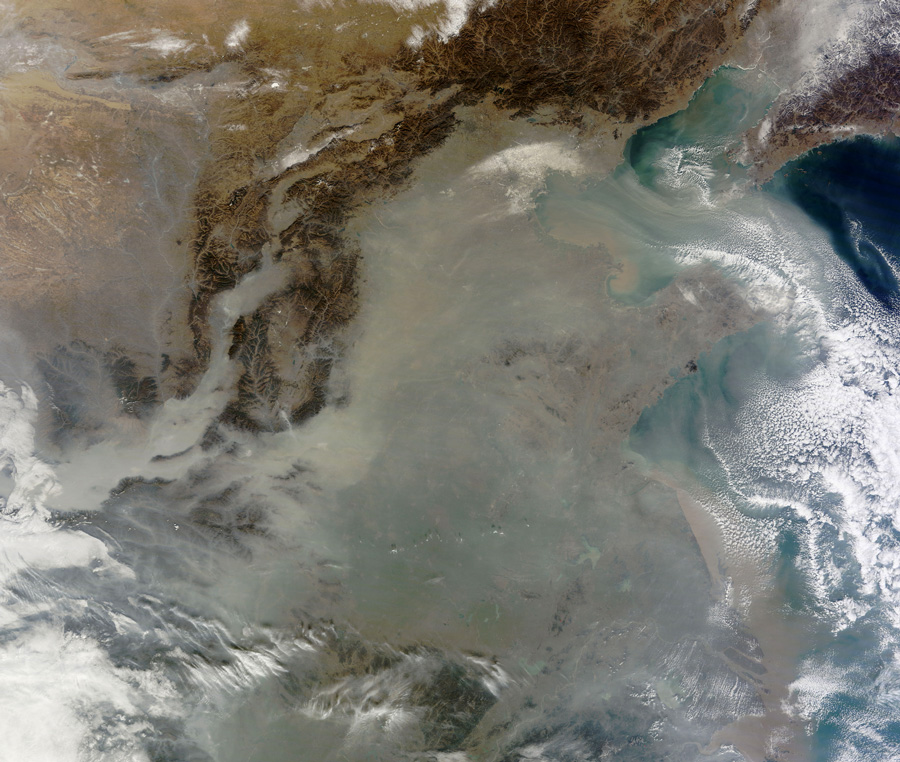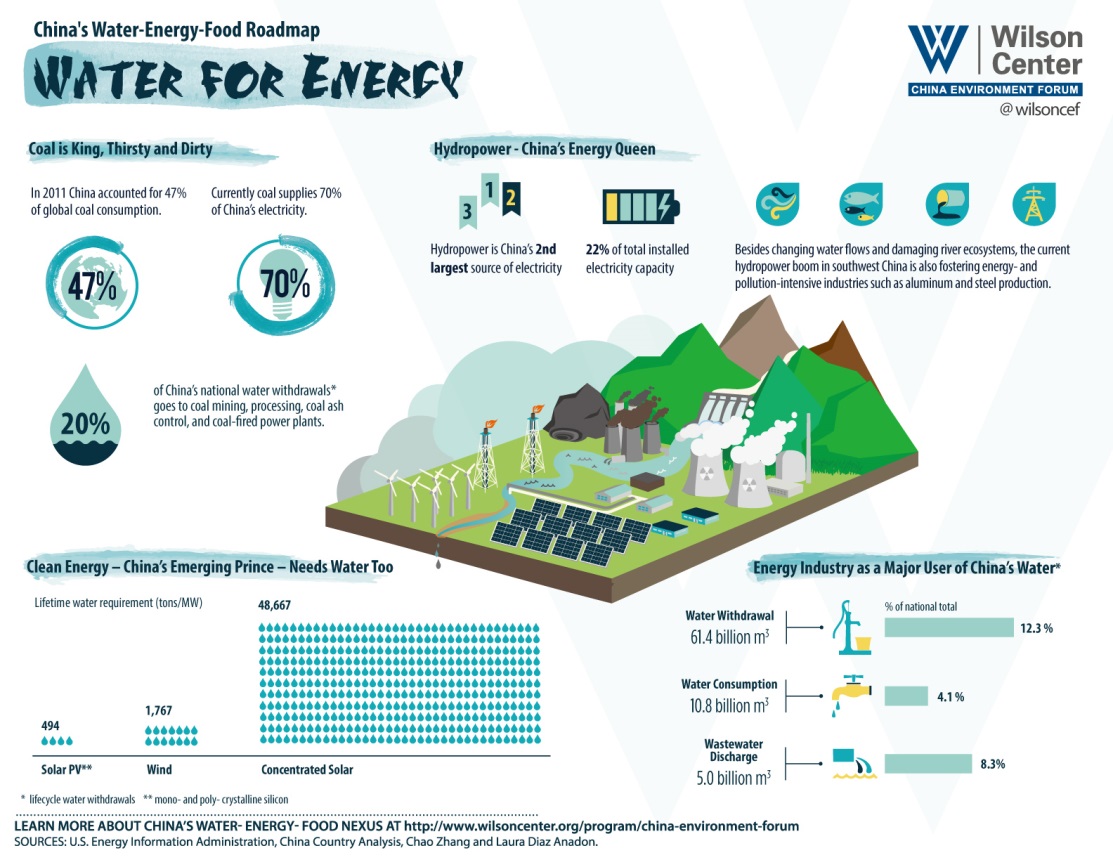-
In Shenzhen, Tracking the Early Steps of China’s Carbon Pivot
› -
What’s the Impact of China’s Cap-and-Trade Program?
›China’s announcement of a nationwide cap-and-trade program is a sign that the government is serious in its “war against pollution,” says China Environment Forum Director Jennifer Turner, and it may help move the climate change discussion in the United States too.
-
Soy What? How China’s Growing Appetite is Transforming the Port of Oakland
› -
China’s Cap-and-Trade System a Crucial Weapon in “War on Pollution,” Says Jennifer Turner
›The announcement in Washington on September 24 that President Xi Jinping is committing China to a national carbon trading system is the latest step in an important partnership between the two biggest carbon emitters in the world.
-
Despite Massive Conservation, Recycling, Imports, Shenzhen Faces Water Shortages
›Shenzhen sits in subtropical south China, where four-fifths of the country’s water resources flow. The monsoon brings heavy rains from April to September; at its peak, Shenzhen’s more than 7 million residents see pouring rain almost every day. So why is this city facing a serious water shortage?
-
The Role of the Private Sector in Solving Asia’s Environmental Emergency: Interview With Mark Clifford
›From smoggy skies to rancid rivers and staggering slums, environmental challenges loom large for Asia. While much has been said about the role of government and NGOs in achieving a sustainable future, Mark Clifford, executive director of the Asia Business Council, believes companies are an indispensable but often overlooked part of the solution.
-
Illustrating China’s Water-Energy-Food Choke Points [Infographics]
›Last month, the China Environment Forum released a new Global Choke Point report, China’s Water-Energy-Food Roadmap. To date, we believe this is the most comprehensive report on China’s interlinked natural resource insecurities – dwindling water resources in the face of growing energy use and increasing food demand.
-
China and Crowdsourcing: The Rise of a New Green Generation?
›
I distinctly remember the night I saw An Inconvenient Truth in 2006. The film essentially did what no high school teacher could: gave me a purpose to structure my studies, setting me on course to earn a degree in environmental studies, an advanced degree in natural resource conservation, and eventually working here, at the Wilson Center.
Showing posts from category China Environment Forum.










